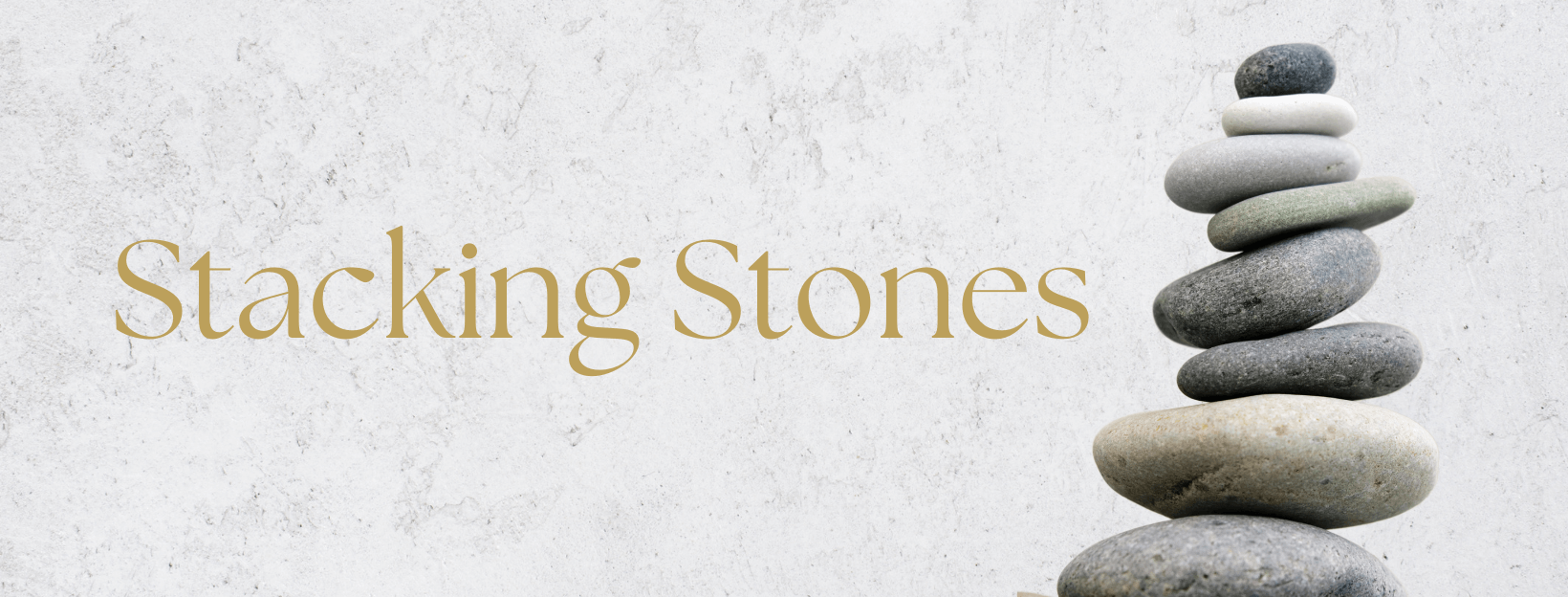
Lying is a behavior that challenges even the most patient parents, especially when it comes from a strong-willed child who has already worn Mom or Dad;’s patience thin. It can feel like a betrayal of the trust you’ve fostered since they were tiny, triggering fear and frustration. But lying, like most behaviors, is often a symptom of underlying dynamics. When we understand why children lie, especially at different developmental stages, we can respond in ways that nurture honesty and rebuild the trust that seems to be slipping away.
Why Do Strong-Willed Children Lie?
Strong-willed children lie for the same reasons other children do—but with a twist. Their natural tendency to be defensive along with their drive for independence and control means that lying often serves as a tool to maintain autonomy or avoid perceived threats. Here are some common reasons your SWC might be lying to you:
- Avoiding Punishment: Fear of consequences can lead children to lie. Strong-willed children, who often push boundaries, may be more prone to fabricating stories if they anticipate harsh reactions to their already challenging behaviors.
- Preserving Autonomy: These children cherish control over their lives. If they feel micromanaged, lying becomes a way to reclaim agency.
- Seeking Attention: Sometimes, lying is an attempt to gain attention or approval, particularly if they feel unseen or misunderstood.
- Testing Limits: Strong-willed kids often test boundaries to understand where the line truly lies. Lying can be part of this exploration.
- Imagination and Storytelling: Especially in younger children, lying may stem from an active imagination rather than intentional deceit.
Developmental Stages and Lying
Children’s reasons for lying often vary with their age and stage of development:
- Preschool (Ages 3-5): At this stage, children may not fully grasp the difference between truth and fiction. A vivid imagination can blur lines, and lying often isn’t malicious but exploratory.
- Early Elementary (Ages 6-9): As children develop a better understanding of rules, lying often becomes a way to avoid punishment or embarrassment.
- Tweens and Teens: Adolescents often lie to protect their privacy or autonomy. With strong-willed teens, lies may also reflect their need to assert independence.
How Parent Responses Can Worsen Lying
Many well-intentioned responses to lying can inadvertently reinforce the behavior:
- Harsh Punishments: Fear of severe consequences can make children more adept at lying to avoid them.
- Moralizing Lectures: Long-winded talks about honesty can feel condescending and provoke defiance.
- Accusatory Interrogations: Cornering a child with accusations may push them deeper into defensiveness and dishonesty.
- Overreaction: Big emotional responses to lies can increase anxiety, making lying feel like a necessary defense.
How to Respond to Lying with Compassion and Effectiveness
Rebuilding trust and fostering honesty requires a mindful, measured approach:
- Stay Calm: Respond with curiosity instead of anger. A calm demeanor helps create a safe environment for truth-telling.
- Seek Understanding: Ask open-ended questions to uncover the reasons behind the lie. For example, “What made you feel like you couldn’t tell me the truth?”
- Validate Feelings: Acknowledge the emotions behind the behavior. “I understand that you were worried about getting in trouble. It’s okay to feel that way.”
- Teach, Don’t Punish: Use lies as teaching moments rather than opportunities for punishment. Discuss the value of honesty and the importance of trust.
- Model Honesty: Children learn from what they see. Be truthful in your own interactions and admit when you make mistakes.
- Create a Safe Space for Truth: Let your child know that telling the truth won’t lead to disproportionate consequences. Focus on solutions rather than blame.
- Let it Go When Your SWC Won’t Admit a Lie: When your child insists on a lie even when you know it isn’t true, resist the urge to engage in a battle to make them admit the truth. Instead, allow them the space to learn from their own internal experiences and development. Signal trust by saying something like, “I trust that you’ll think about this and make the right choice in the future.” Showing trust is more powerful than signaling suspicion when it comes to building the mutual trust you both desire.
Building Trust Over Time
Trust is like a garden; it grows with consistent care and patience. When children feel safe to tell the truth, lying diminishes. Strong-willed children, in particular, need to feel that their independence is respected and that their voices matter. By focusing on connection and understanding, parents can foster a relationship built on mutual trust and honesty.
Remember, every lie is an opportunity to strengthen your bond with your child. When you approach dishonesty with curiosity, compassion, and a willingness to listen, you teach your child that the truth is not something to fear but a pathway to deeper connection.
___________________
Begin Within
and align with the rhythm of nature and self.













0 Comments